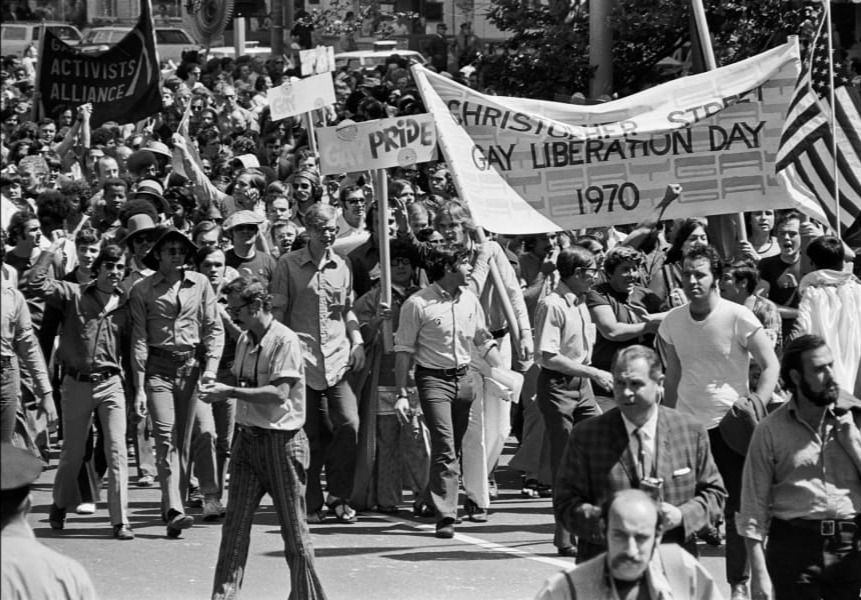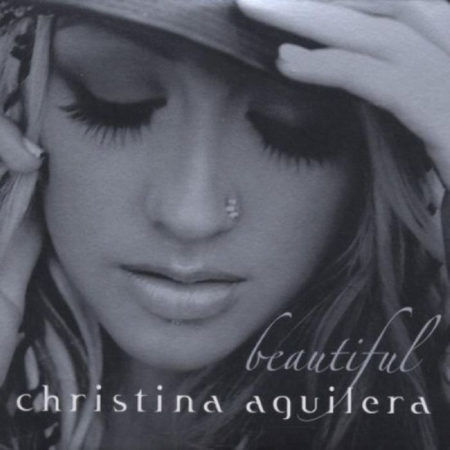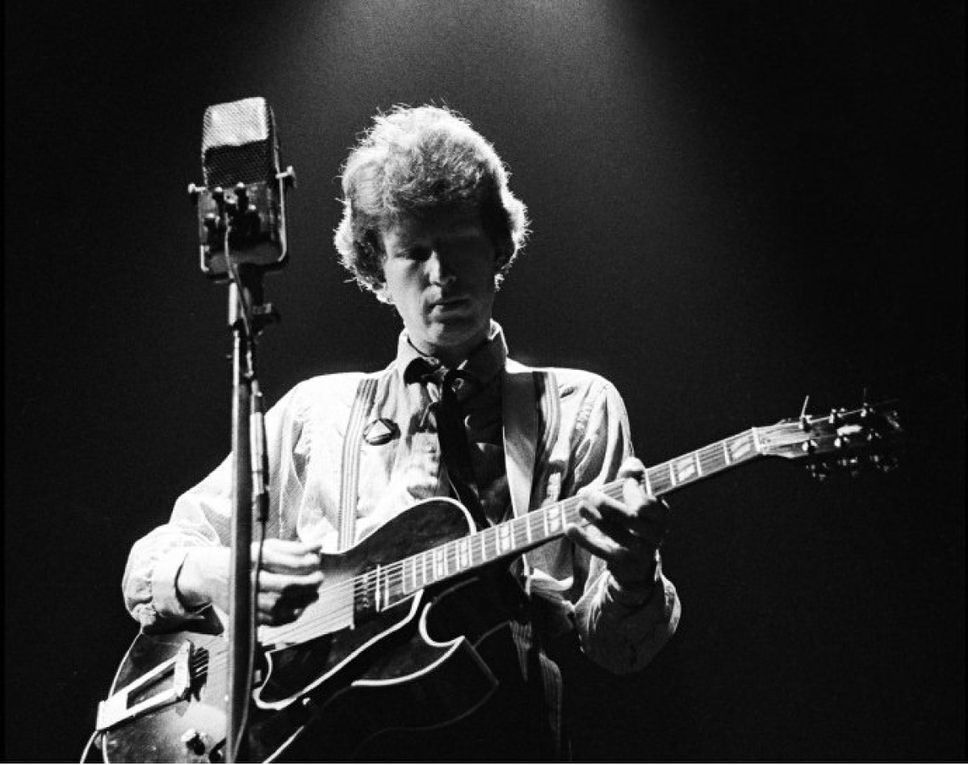Stonewall Riots & Stonewall Nation
- Jaiden Hourie

- Nov 24, 2020
- 2 min read
Updated: Dec 9, 2020
What was Stonewall?
The Stonewall uprising was catalyzed on the hot summer night of June 28th, 1969. What took place on this eve was the infamous Stonewall Riot, in which city police raided the Stonewall Inn located Greenwich Village of New York City (which acted as a sanctuary for the gay, lesbian and transgender community within the city (Pruitt, 2020)). The police were met with much resistance that played out in a series of violent confrontations.
[Top left Transgender activists at Stonewall (Gavroche, 2019)], [Top right " seminal 1969 clash outside a gay bar" (Gold, 2019)], [Bottom left "Gay rights demonstration at the Democratic National Convention, New York City, 1976. Library of Congress"(PBS, 2019)], [Bottom right "Protesters took to the streets in the aftermath of the Stonewall riots in lower Manhattan in the summer of 1969." (Walsh, 2019)].
After years of being neglected and abused for expressing themselves, the LGBTQ+ community decided they had to take their fate into their own hands and fight back. What makes the Stonewall Riot so important was that as the riots progressed, an international gay rights movement was born (History, 2020).
‘We are the Stonewall girls,We wear our hair in curls,We wear no underwear, We show our pubic hair…We wear our dungarees above our nelly knees!’
These were among the chants that bellowed as rioters of all genders retaliated at the police.

[The first gay pride parade (CNN, 2016)]
One year later, in memory of Stonewall, the first ever gay pride parade was held, and the American Psychiatric Association excluded homosexuality from their list of mental disorders in December 1973.
What is Stonewall Nation?
The Stonewall nation was a group formed by the LGBTQ+ community and activists to claim their space as a separatist community; making the 'Stonewall Nation' a protest in itself.
Stonewall nation was also a song. Madeline Davis, a gay rights activist, wrote the song Stonewall Nation, inspired by her first attendance at a gay civil rights march in 1971; this song furthered her involvement in the LGBTQ+ rights movement. This song is also accredited as the first explicit Gay Liberation song (Doyle, 2012).
(Doyle, 2012)
The lyrics in this song express her anger and discomfort with the treatment of the LGBTQ+ community.
“I don't wanna see my brothers Kicked into the dust no more”
“You can take your intolerance and shove it.”
Davis described the LGBTQ+ movement's dreams and ambitions and this can be clearly seen in the lyrics
"Their loving called a sin no more" and “We're gonna be ourselves and love it.”
Madeline’s ultimate goal was most clearly conveyed through the lyric
"The Stonewall Nation is gonna be free"
which insinuates that she envisions a society in which the LGBTQ+ community gains social acceptance and freedom.
Recording and releasing the first gay anthem was a huge milestone for the LGBTQ+ movement. We could also call this song the catalyst for bringing awareness to the social issue, and therefore, the instigator for further social change. Furthermore, the sheer fact that we are talking about it all these years later, shows us that it’s still important, people still remember it, and it will remain indispensable to the timeline of the LGBTQ+ rights movements throughout history.
wc: 459











Comments